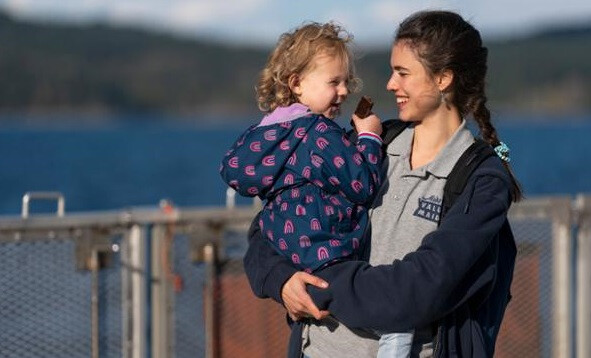
London, UK – The number of single women in the United Kingdom undergoing fertility treatments such as donor insemination (DI) and in vitro fertilization (IVF) has tripled over the past decade.
According to statistics released by the Human Fertilisation and Embryology Authority (HFEA) on [date], of the 55,560 women who underwent fertility treatments in 2022, 4,969 were single. This represents a significant increase from 1,534 single women who underwent such treatments in 2012.
The proportion of single women seeking fertility treatments has also risen from 3.2% to 8.9% over the same period, meaning nearly one in ten women undergoing fertility treatments in 2022 was single.
The number of women with same-sex partners undergoing fertility treatments has also doubled during this period, from 1,442 in 2012 to 3,504 in 2022. This represents an increase in proportion from 3.0% to 6.3%.
Consequently, the proportion of women with male partners undergoing fertility treatments has decreased from 93.9% (45,437 women) to 84.7% (47,087 women).
The average age at which single women began IVF treatments has also decreased, from 37.9 years in 2012 to 36.4 years in 2022.
Claire Etchingham, Director of Strategy and Corporate Affairs at the HFEA, attributed this trend to several factors, including a decrease in social stigma surrounding single motherhood and a shift in priorities following the COVID-19 pandemic.
"We have seen a growing number of single women seeking fertility treatment in recent years, and there is a wider societal conversation around fertility and fertility treatments," said Etchingham. "It seems that more single people feel empowered to explore their options when it comes to starting a family."
Furthermore, a significant number of single women have been freezing their eggs. Between 2018 and 2022, 89% of women who froze their eggs were single. However, only 13% of those who thawed their eggs for fertility treatment were single.
[Copyright (c) Global Economic Times. All Rights Reserved.]




























